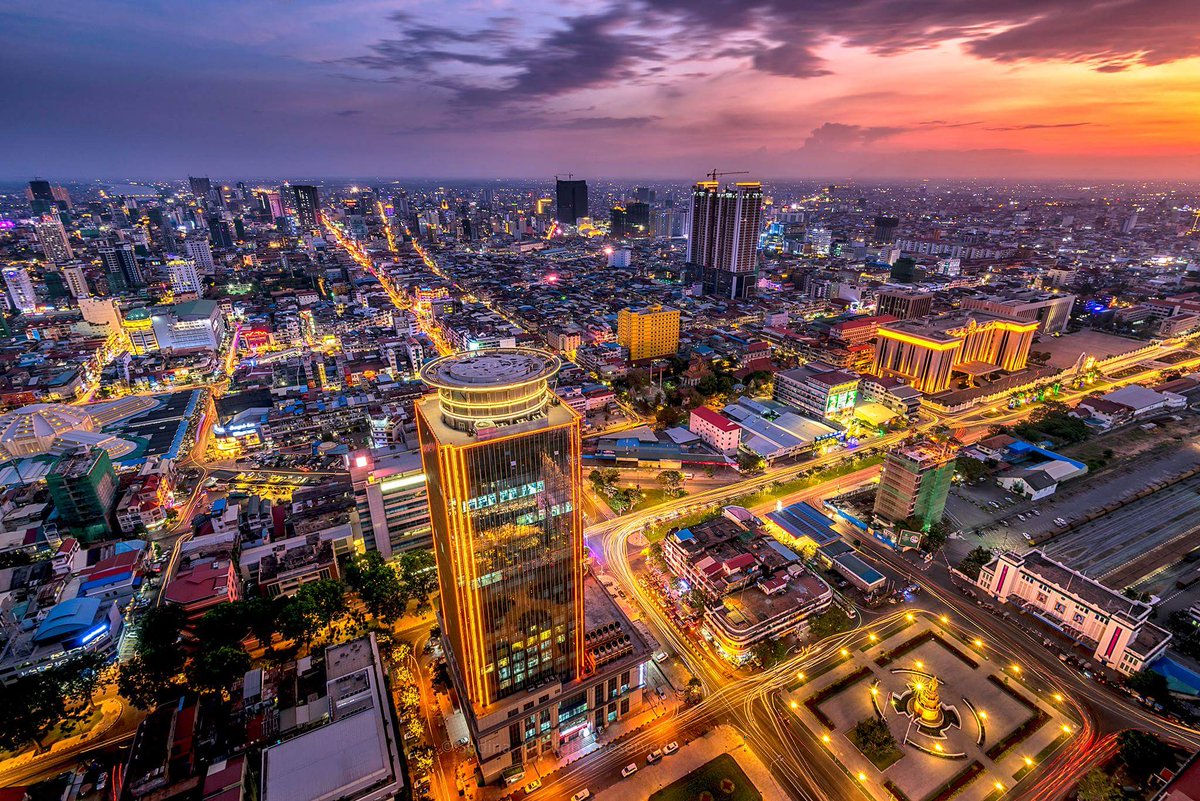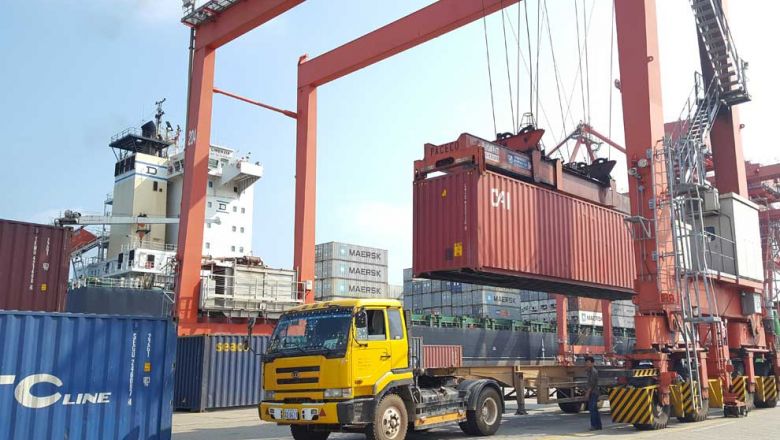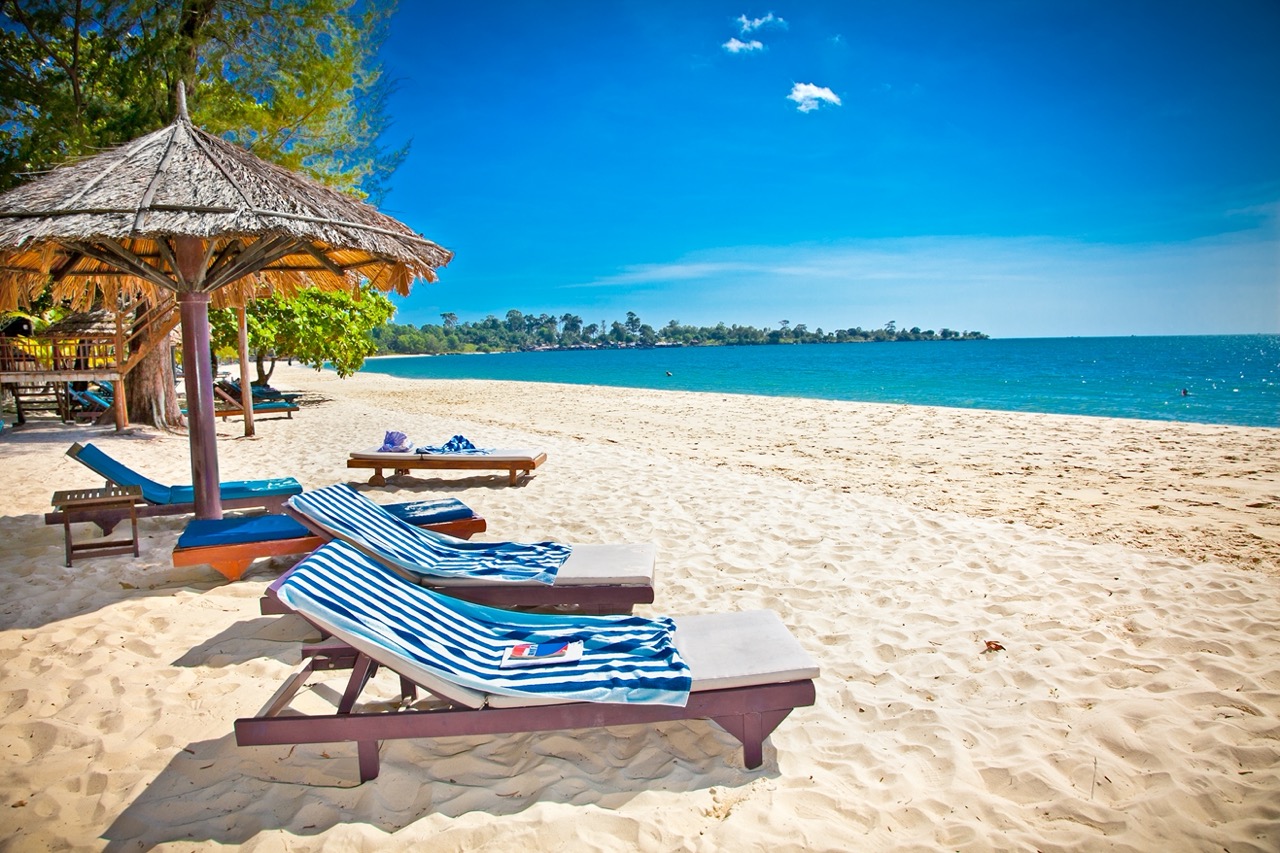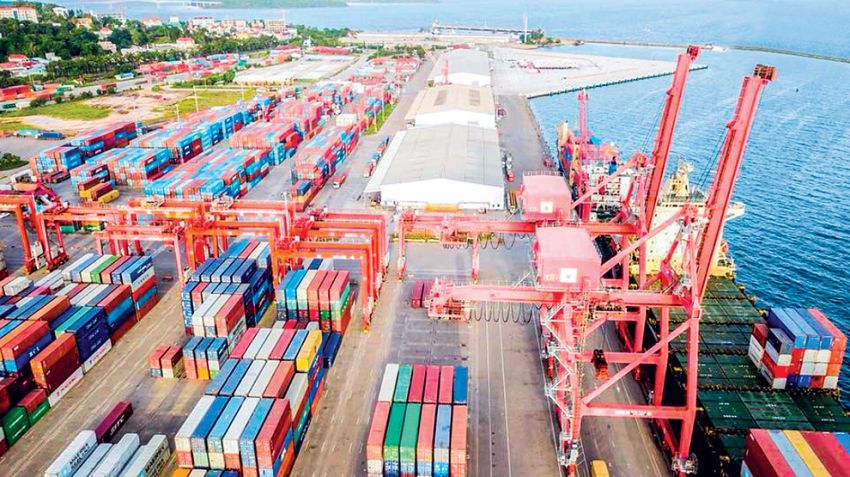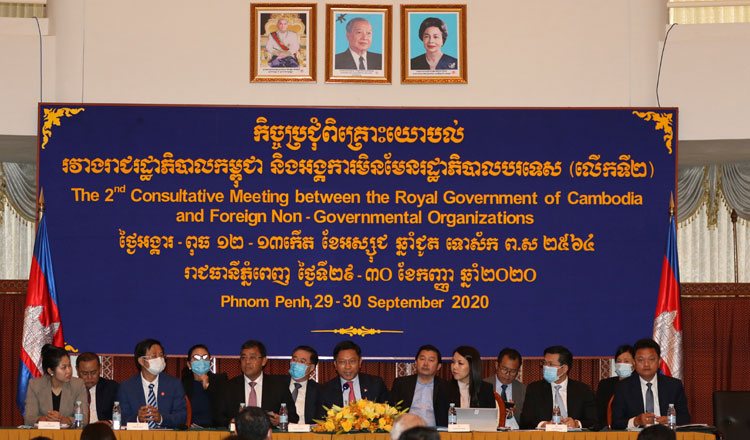Cambodia’s diplomacy in a competitive world
In an impromptu comment to a group of diplomatic trainees last week at the National Institute of Diplomacy and International Relations, Cambodia’s Deputy Prime Minister Prak Sokhonn, Minister of Foreign Affairs and International Cooperation, told them, “Protecting the country’s interests are among the top priority of every Cambodian diplomat”. His comment, at the closing ceremonies for the trainees on June 3, intrigued me a great deal as a son of this country that went through so much suffering as the result of the Cold War ideological clashes which over-shadowed Cambodia in the late 1960s and throughout the 1980s.
The deputy prime minister’s statement reflects that one can tell whether a country is in good shape or not by looking at five main elements: patriotism, the leadership, human resources, geography, and natural resources of a country.
For Cambodia, I would say she has four of those elements, excepting one which is geography.
Recall the country’s bad past experiences when the French ruled Cambodia as part of Indochina from 1887 till 1953. After the French pulled out in 1953, American US landed on Indo-China, amid the Cold War era and a new war emerged, the Vietnam War, known as the American War in Vietnam.
The US longest war, from 1965 to 1974, pulled Cambodia into part of this game because of our geography and geopolitics. None of us want those bad experiences because of geopolitics to be repeated. To achieve this, a smart, flexible, friendly, and inclusive foreign policy is needed and we must play the several cards needed for Cambodia’s diplomacy today.
It is worth recalling the statement by the deputy prime minister last week: “We must build good relations with leadership, politicians, the influential figures in the hosting countries, building good relations with the people, business communities, among others.”
It is fair to ask do we have leverage, as a modest nation, to win the hearts and minds of others? The answer is, yes, we do have a great deal going for us, along with skillful diplomacy. And we have unmatched resources for so-called soft diplomacy, the diplomacy of cultural influence.
The Kingdom of wonder is known to the outside world as an empire of culture, mainly thanks to the famed Angkor temple built in the 12th century, listed in 1992 as a World Heritage Site and stretched over a complex of more than 400 square kilometers in Siem Reap province.
There is another ancient temple, the 1,000-year-old Preah Vihear in the province of the same name near the Thai border. Other ancient temples built about 1,000 years ago, some still collapsed partially, others still in good shape which are valuable assets for cultural tourism.
So, in terms of cultural tourism, Cambodia has so much to tell, in addition to eco-tourism and the historical sites of the killing fields, a legacy of Pol Pot who ruled our country with bloody hands during the genocidal regime from April 17, 1975, to Jan7, 1979. More than 2 million Cambodians died of execution, starvation, forced labor, and diseases. Cambodia has had too many bad past experiences as a result, partially because of its diplomacy, the domestic conflicts, and the external interference of superpowers. So, let us join hands with Prime Minister Hun Sen, who led the country’s resurrection from scratch and negotiated to bring about peace and development through his win-win policy in late 1998.
So, protecting peace is the number one on the agenda and will continue to sit at the top of the government’s political platform.
The Minister of Foreign Affairs and International Cooperation reminded us, “We must protect the peace, stability, and social order from any attempts to plunge Cambodia again into war. We totally oppose any attempt to topple this legitimate government which resulted from a supermajority of votes.”
Today, the term “Thank you, Peace” is seen posted in many intersections and government office buildings as a reminder that, without peace, there is nothing but war. This message of protecting peace continues to stay deep down in our people. Rooted in the head and heart of every Cambodian from every walk of life is peace.
But one should remember that Cambodia, as a result of domestic divisions in ancient times, lost land to others. So, a Cambodian diplomat must also pay attention to protect the interest of Cambodia, such as protecting the country’s territorial integrity from violation by others.
“We must protect the country’s sovereignty, independence, prosperity from being looked down on by anyone,” said the deputy prime minister with a firm tone of diplomatic skill. Here are some fruitful examples from Cambodia’s mature and diplomatic skills. At “the national level”, the Royal Government of Cambodia, under the great leadership of Prime Minister Hun Sen, is moving forward on all fronts. Domestic reforms have been improved in all fields, such as investment policy, tax law, among other aspects, which have contributed to making the country one of the fasting growing economies in the region.
Hundreds of thousands of local jobs created, revenues collected, the country’s physical infrastructures mushrooming and investors making profits from exporting the products to overseas markets that are friends of Cambodia.
Ek Tha is a spokesman of the Council of Ministers Office, Advisor to the Ministry of Information, and standing vice-chairman of the Royal Government Spokesperson Unit. Khmer Times

